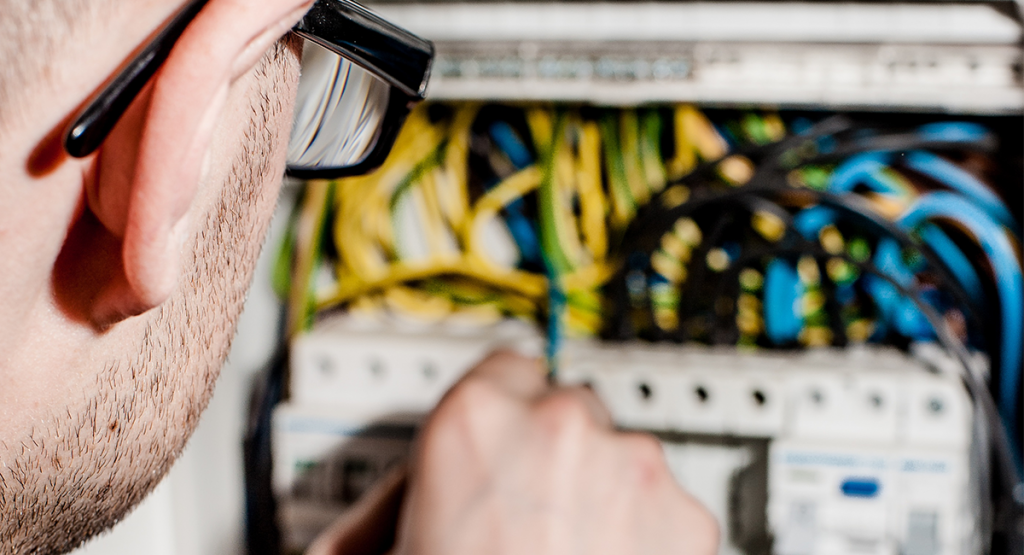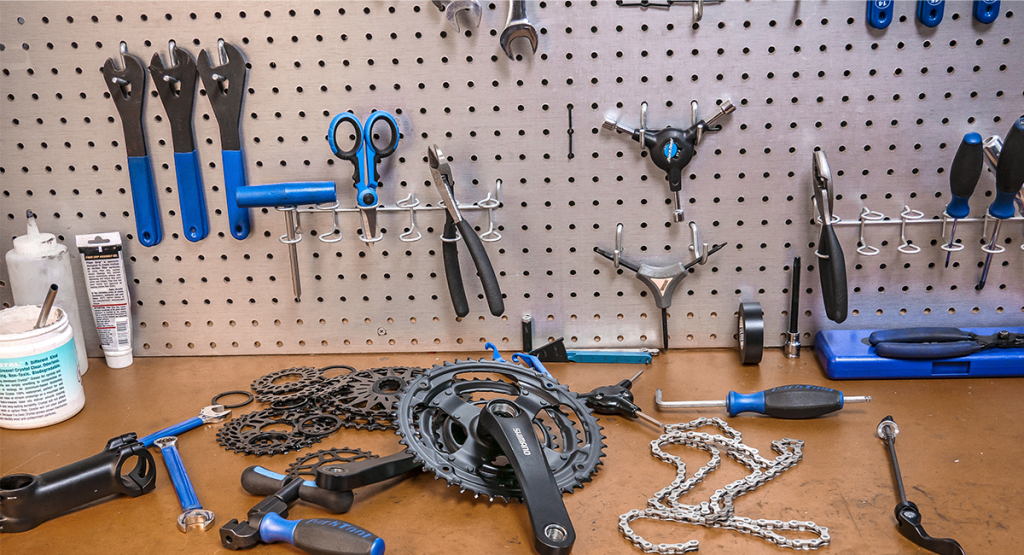Congrats, you own a home! Your dream of being a homeowner is finally a reality. But lurking just beneath the euphoria is the realization that you’re on your own now. No building superintendent to fix a leak. No landlord to repair the air conditioner. Home maintenance and repairs are now your responsibility.
Maybe you have a homeowner’s warranty that protects you from major problems — but it’s not going to replace light bulbs or clean your gutters.
Here are five common problems new homeowners have (and how to solve them):
1. It’s Alive!
Your home might be made up of wood, metal, and fabric, but your yard is a living thing that requires your attention. If you’re starting from bare ground, you have to consider seeding or sodding and what grass and plants work best for your location. If your lawn is established, you have to think about watering (how often and how much?). Then there’s fertilizing (what kind and when?), spraying herbicide, (pre-emergent, post-emergent — what does that mean?), and mowing (how short, how tall?) Your first decision is whether to hire a lawn care professional or take on the work yourself. If you choose the latter, you’re in for a crash course on lawn care — and a trip to the store for a lawnmower, edger, fertilizer spreader, and weed whacker.
2. Water, Water Everywhere!

Water overflow occurs when your drain or toilet gets clogged. Whether the drain was clogged by hair or an entire roll of paper your 4-year-old flushed down the toilet, the first priority should be to stop the water immediately. Most sinks, lavatories, and toilets have a water cut-off valve on the wall where the water lines come in. If cutting that off doesn’t work, you will have to shut off the water at the meter in the yard. This involves a special key, available at home centers. While you’re there, arm yourself with a plunger, a can of drain cleaner, and a snake (a flexible rod that clears minor obstructions that you will eventually need). If you are not able to fix the problem, call a plumbing company and let the pros take care of it.
3. Alone in the Dark

If your entire home goes dark during a storm, you’ll have to wait it out until the power company does its thing. But if the power goes out in just part of the home, a circuit breaker has tripped. This may be because you plugged too many things into a single circuit or because you have a power fluctuation or short circuit in your system. Every home has an electrical panel containing fuses or circuit breakers. Know where yours is located and which fuses or switches control each circuit. If your problem is a simple overload, the fuse has burned out or the switch for that circuit will have flipped itself to the off position. Unplug some appliances from the circuit and replace the fuse or flip the switch on again. If it goes out again, you may have a bigger problem. Call an electrician. Caution: You do not want to attempt any electrical work without killing the circuit.
4. Sweating It Out
One of the obligations of homeownership is changing the filter on your HVAC system. Although your air conditioner compressor is outside, your main unit is in a utility closet, basement, or attic and that’s where the filter is. The filter keeps dust and other gunk from being sucked into your blower fan, and if it’s not changed regularly, you’ll develop HVAC problems. Different units need different sized filters, and you’ll find them at home improvement centers. Follow the manufacturer’s recommendations on how often to change the filter — usually monthly or quarterly.
5. It’s Always Something!

Even if your home is brand new, you’ll face handyman chores from hanging pictures to tightening knobs on kitchen cabinets. Start building your toolbox with the essentials right away.
Your starter toolbox should contain:
- A hammer.
- Screwdrivers (both flathead and Phillips).
- Tape measure.
- Pliers.
- Adjustable wrench.
- Utility knife.
- Putty knife.
- Flashlight.
Most tools can be purchased online, and whether you need a common torque wrench or a specific type of drill press, there are plenty of buying guides on the internet to help you get the best tool. Your toolbox will get bigger as new needs come along.
Homeownership comes with challenges, but you’ll get the hang of it. Besides, investing a little elbow grease and sweat will put your personal stamp on your home.
Roselyn Jenkins is a real estate agent who spends much of her time fixing up and flipping old homes. Her specialty is creating eye-catching landscapes.




